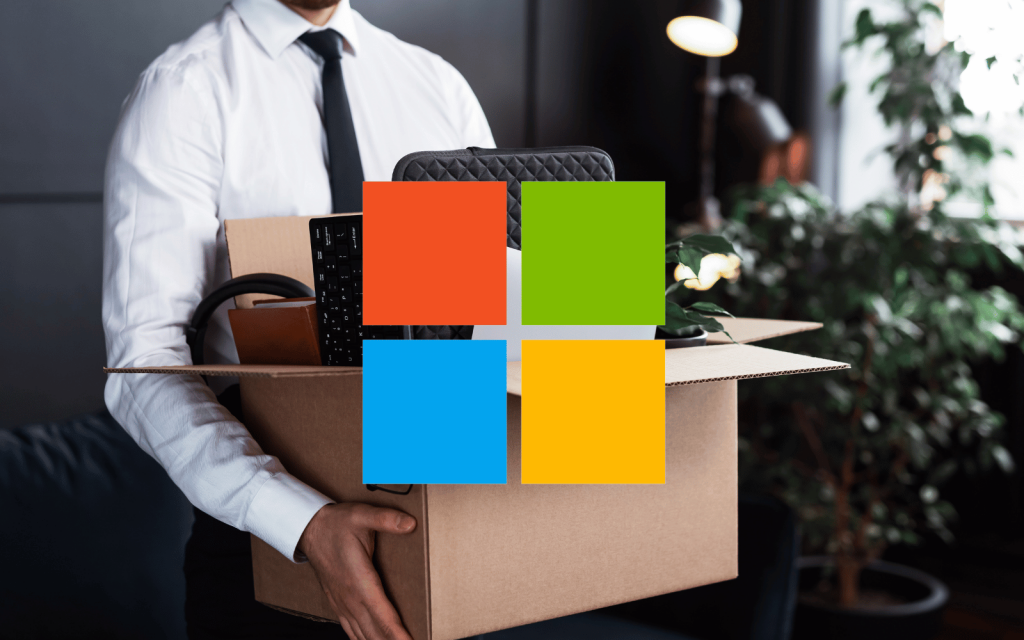After inexplicably firing CEO Sam Altman, the board of OpenAI has proved one thing: AI can easily be smarter than humans.
Last Friday, the artificial intelligence (AI) firm that rocked the world a year ago when it launched its ChatGPT chatbot, made the sudden announcement it was firing Altman because it “concluded that he was not consistently candid in his communications with the board, hindering its ability to exercise its responsibilities”.
Sam Altman, who co-founded the AI firm in 2015 with backing from Elon Musk and Microsoft, was shown the door for these nebulous reasons – causing a sudden crisis in this nascent AI industry. OpenAI’s president Greg Brockman resigned in protest, as did several key senior staff. By the weekend, 95% of the company’s staff had demanded Altman be reappointed, that the board resign, or they would leave.
While there were rumours that this clumsy, self-destructive board of four people were talking to Altman to return, by Monday it was confirmed he wouldn’t.
Microsoft takes the cake (and Sam Altman)
Microsoft, which has invested $10 billion and owns 49% of OpenAI, was clearly very unhappy. It was told literally one minute before Friday’s midday board meeting that Altman was being shown the door. It can’t have been happy about how its substantial investment was being managed – or mismanaged – but the board has made its gallows and is about to be hung on it.
It’s worth noting OpenAI’s weird board structure, which, unlike traditional companies that give seats to investors and advisors, was made up mostly of advisors – who were seemingly taken in by its chief scientist, Ilya Sutskever. Many commentators and Silicon Valley tech journalists have pieced together what happened and pointed the finger at Sutskever, another co-founder. He reportedly believes AI should slow down its development and focus on safety issues – as opposed to the more commercially focused interests of the company.
It’s safe to say Sutskever and the OpenAI board have quite literally achieved the opposite. If they wanted to slow down the pace of AI research and service offerings, firing the guy who is essentially the face of AI and its leading figure, did not achieve that.
Instead, it made OpenAI a laughing stock – or at least its board – and handed Microsoft the hiring opportunity of a generation. An “extremely excited” Nadella tweeted posted that Altman and Brockman “will be joining Microsoft to lead a new advanced AI research team”.
Sam Altman is the new Bill Gates, the new Steve Jobs, the new Elon Musk. And now he works for Microsoft.
Read More: OpenAI rolls out GPTs, a homebrew version of ChatGPT
OpenAI’s technology is already baked into Microsoft’s offerings and is called Copilot. It is clearly central to how the tech giant, whose Azure is the world’s second-largest cloud service, will provide future services using this new field. Given the size of its investment and nearly 50% ownership, it’s remarkable that the board still hasn’t communicated what Altman’s fireable offence was.
“I have not been told about anything,” Nadella told Bloomberg TV. “The board has not talked about anything that Sam did other than some breakdown in communications and I was not directly told by anyone from their board about any issues.”
Microsoft has won this round of the computing wars, having already cemented its place in AI development with the OpenAI investment. Now, it has the architect of that game-changing technology working directly for it.




